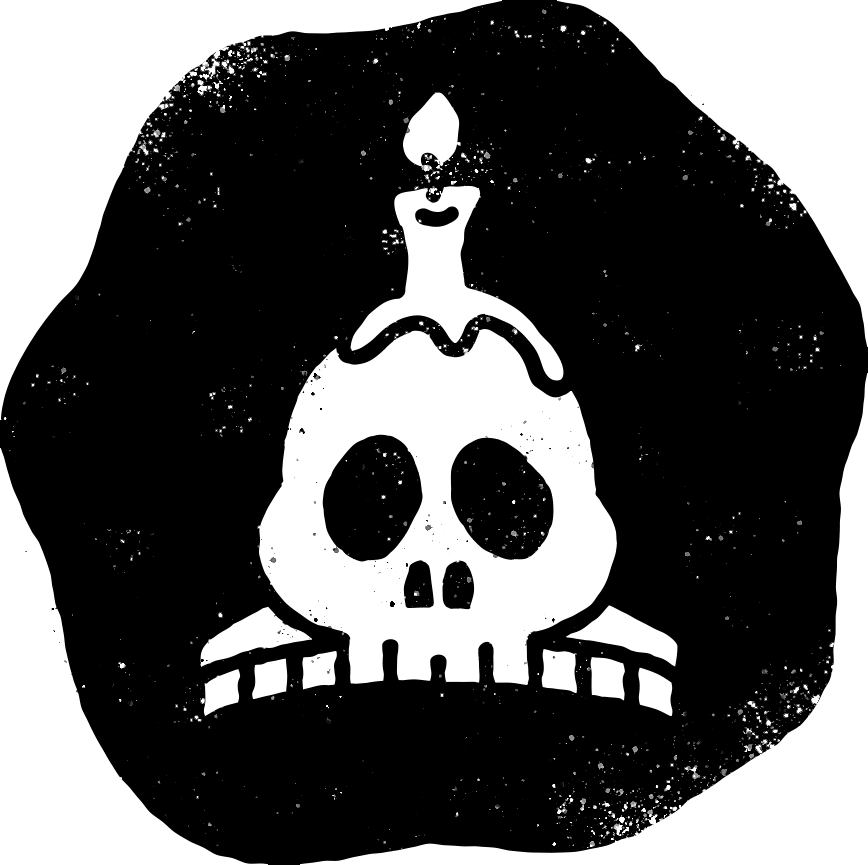May 4, Fifty Years Later
1970 was a historic year for the environmental and anti-war movements; inspired by protests of the 1960s, the first Earth Day was held fifty years ago in April. Opposition to the United States’ involvement in Vietnam had been spreading across the country for years, but also in the spring of 1970, student protestors and military units clashed—with violent, and often deadly, results.
I didn’t know much about the events of May 4, 1970 when I enrolled at Kent State University in August of 2003. During the five years it took to complete my undergraduate degree, I learned many things, but I was mostly focused on myself. Students have been increasingly robbed of the same luxury of self-absorption—thanks to active shooter drills, mounting loan debt, dire climate projections, and most recently the COVID-19 pandemic.
I know that marches and movements—even historically significant ones—don’t immediately change the world in any real way, but I also know that isn’t really the point. Over the past three years, I’ve attended countless protests for various issues; most recently I was arrested three times for civil disobedience with the climate justice organization Fire Drill Fridays.
When it was announced that Fonda was scheduled to speak about activism at KSU to commemorate the 50th anniversary of the events of May 4th, I felt something about my home state that I wasn’t used to feeling: pride. Almost immediately, event organizers faced the inevitable backlash from a small, but vocal minority of the “Hanoi Jane” contingent—fueled by long-simmering resentment surrounding Fonda’s largely misunderstood 1972 visit to North Vietnam.
Detractors called on KSU to cancel Fonda’s speech, ignoring—or not realizing—that she has always been consistent with both her support of soldiers and her opposition to war. When the National Guard opened fire on unarmed students protesting the bombing of Cambodia, Fonda was in the middle of a cross-country road trip, speaking at college campuses and meeting with servicemen who objected to fighting in a war that had become increasingly difficult to justify.
This year, I had plans to embark upon a cross-country trip of my own. Ohio was meant to be a temporary pit stop on my way from my adopted home of New York City—but in the wake of the pandemic, I am sheltering-in-place in my childhood home for the foreseeable future. I recently returned to Kent State’s sprawling campus for the first time since I graduated. Classes and commencement have been cancelled in the wake of COVID-19. Buildings are shuttered and the streets are devoid of students; manicured lawns and lecture halls sit empty.
Taylor Hall, now home to the May 4th Visitor Center, still presides solemnly over Blanket Hill, carpeted with daffodils blooming defiantly in isolation. Each of the 58,175 bright yellow flowers represents a life lost too soon in Vietnam. The war may be long over, but in just a few months, COVID-19 fatalities have already surpassed that grim number; casualties from the climate crisis are far harder to calculate, but they too will only increase exponentially over time.
The ways people gather and spread ideas may have evolved over the past 50 years, but the core issues and enemies we face have not. Technology now both connects and isolates us; mass demonstrations are (rightly) prohibited at the very time when they’re needed the most. In the wake of stay-home orders and bans on public gatherings, organizers and activists have scrambled to find alternate ways to come together. KSU’s virtual commemoration program unfortunately no longer includes a speech by Fonda, but her activism—now focused entirely on the climate crisis—is more needed than ever.
It may be too soon to tell if the beginning of 2020 has taught us anything, but if so, it’s that “business as usual” is not the solution, but rather the problem. We may be impatient to reopen the country, but if we don’t use this time to reflect on our past, remake our present, and reimagine our future, then we have failed at a time when we have very little margin for error.
A granite memorial to those killed and wounded on May 4th, 1970 sits at the top of Blanket Hill, encouraging visitors to “inquire, learn, and reflect.” There is no limit to the lessons waiting to be mined from our personal and collective histories, but we must be willing to ask the right questions and not be afraid to face the uncomfortable answers.




















